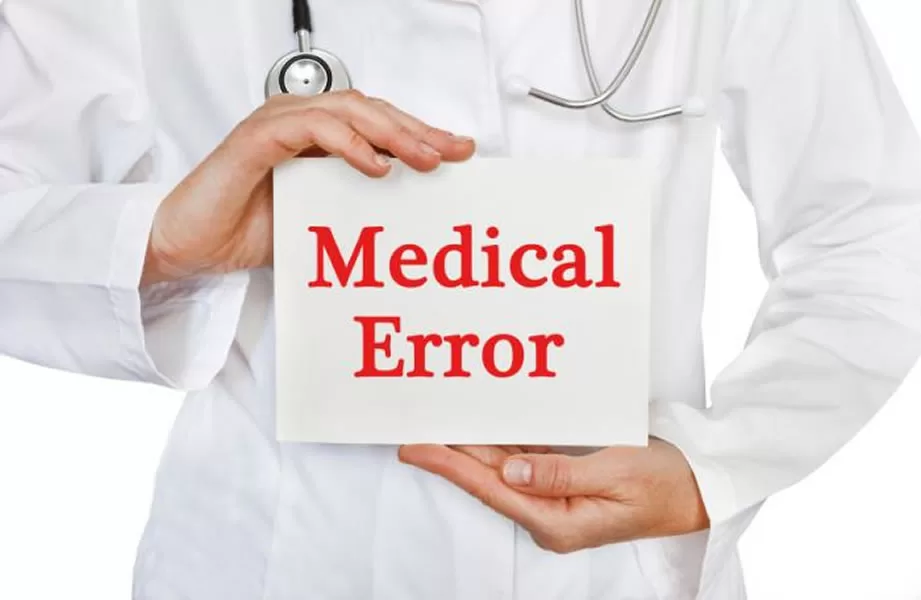Can You Sue for Medical Malpractice?: Receiving a diagnosis of a serious medical condition can be a terrifying experience. It can turn your whole world upside down as you grapple with the news and begin to adjust to the changes it will bring about in your life. However, what if that diagnosis turns out to be wrong? What if you have been wrongly diagnosed with a condition that you do not have? Can you sue for medical malpractice in such a situation?
First and foremost, it is important to understand that medical malpractice occurs when a healthcare provider fails to provide appropriate treatment or deviates from the recognized standard of care, resulting in harm to the patient. In the case of a wrong diagnosis, the question becomes whether the healthcare provider acted negligently in arriving at that diagnosis.
If you have been wrongly diagnosed, the first step is to seek a second opinion from another healthcare provider. It is essential to confirm whether the initial diagnosis was indeed incorrect and to determine the correct diagnosis. This will not only ensure that you receive the appropriate treatment but also serve as evidence in any potential legal action.
If it is determined that you have been wrongly diagnosed and that the healthcare provider acted negligently in arriving at that diagnosis, you may have grounds for a medical malpractice lawsuit. To successfully sue for medical malpractice, you will need to prove that the healthcare provider breached their duty of care by making an incorrect diagnosis, that this breach caused you harm, and that you suffered damages as a result of this harm.
It is important to note that proving medical malpractice can be a complex and challenging process. You will need to gather evidence, such as medical records, expert testimony, and other documentation, to support your case. Additionally, each state has its laws governing medical malpractice claims, so it is important to consult with a qualified attorney who specializes in medical malpractice cases to navigate the legal process.
In conclusion, if you have been wrongly diagnosed, it is essential to seek a second opinion, confirm the correct diagnosis, and consult with a knowledgeable attorney to determine if you have a valid medical malpractice claim. While suing for medical malpractice can be a daunting and complicated process, it may be necessary to hold the responsible healthcare provider accountable for their negligence and to seek compensation for any harm you have suffered as a result of the wrong diagnosis.
#Youve #Wrongly #Diagnosed #Sue #Medical #Malpractice,

















